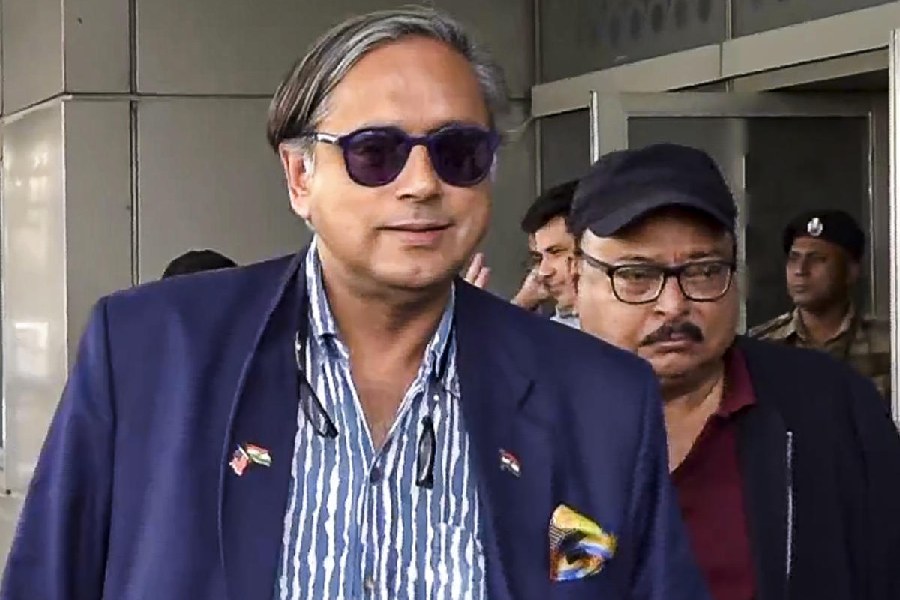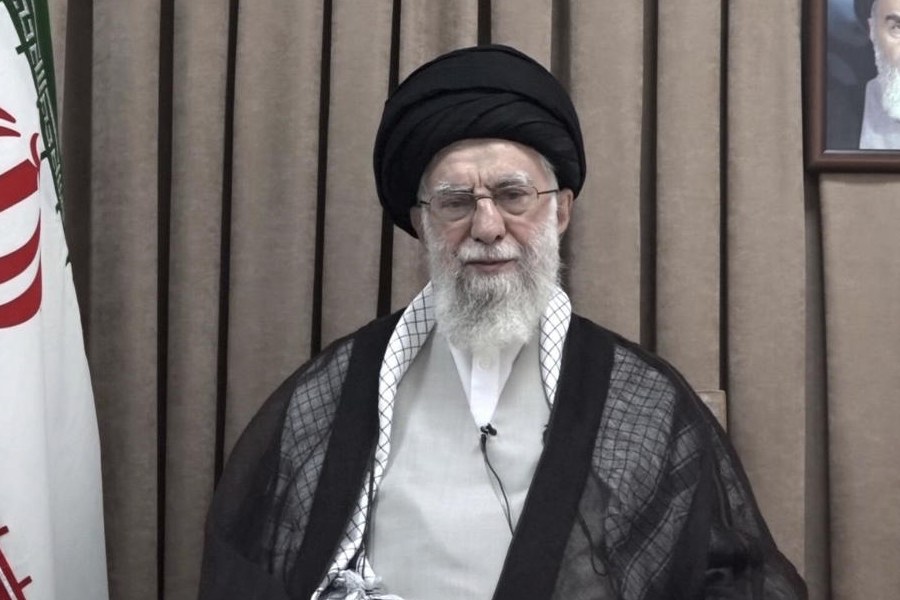 |
| Pallavi Purkayastha |
Mumbai, July 7: The watchman who molested and murdered lawyer Pallavi Purkayastha in her Mumbai flat was today handed a life sentence instead of death, prompting the 25-year-old victim’s disappointed mother to break down in court.
Sessions judge Vrushali Joshi referred to “mitigating circumstances” to rule the case did not fall in the “rarest of the rare category”. She didn’t elaborate, and a copy of her detailed order wasn’t available tonight.
Special public prosecutor Ujjwal Nikam had demanded the death sentence for 27-year-old Sajjad Mughal — convicted on June 30 — citing reasons such as premeditation, a “diabolical” plan, cruelty and betrayal of the victim’s trust.
Mughal had switched off power to Pallavi’s 16th-floor flat so he could enter with the electrician and steal the apartment keys for the late-night sexual assault on August 9, 2012.
He stabbed Pallavi 16 times and slit her throat, preventing her from shouting even when she managed to drag herself to her sleeping neighbours’ doors, the prosecution said.
Defence lawyer Abdul Wahab Khan had sought a life term arguing the convicted Jammu and Kashmir native was young and a first-time offender.
Pallavi’s parents, both IAS officials posted in New Delhi, said they would seek legal opinion and challenge the sentence in the high court.
“My daughter was stabbed 16 times. If this does not qualify as rarest of the rare, what does? She was a strong girl and put up a brave fight. The court should have set an example,” said father Atanu, a joint secretary with the Union agriculture ministry.
Mother Sumita, director-general of the National Institute of Communication Finance that functions under the Union telecom department, broke down in tears.
“The whole country felt the murder was gruesome and deserved the death penalty, but maybe the court did not find it so gruesome,” she later told The Telegraph.
“It was clearly a cold-blooded, premeditated murder, and rarely does it happen that the protector turns predator.”
Nikam, though, described the judgment as a “strong” one since a life sentence means imprisonment till the end of one’s natural life — with the possibility of remission after 14 years.
“Although I had demanded the death penalty because the murder was diabolically conceived and cruelly executed, the court appears to have considered his young age. We will study the judgment before taking a further decision,” Nikam said.
Mughal, a native of Uri in Baramullah, looked tearful as the sentence was read out. He pleaded for leniency.
“The maximum punishment is death penalty,” the judge told him, “and the court has awarded you the minimum punishment permissible under the law.”
Mughal was also handed five years for molestation and 10 years for criminal trespass.
The crime led to a double tragedy. Pallavi’s live-in partner, fiance and fellow lawyer Avik Sengupta, 27, died last November of an inflammatory brain disorder that was apparently aggravated by the psychological trauma inflicted by the murder.
Mughal was arrested from a Mumbai railway station as he tried to flee to Kashmir via Surat the evening after Pallavi’s murder. A police probe revealed the security agency that had hired him had done a shoddy background check and did not have his correct address — so, had he escaped, it would have been difficult to trace him.
Defence lawyer Khan had argued that the disturbed security situation in Kashmir had forced Mughal to seek work elsewhere and cited the absence of any complaint against him previously during his two-year stint at the apartment complex.
He claimed the prosecution case was “inferential” because there was no eyewitness.











